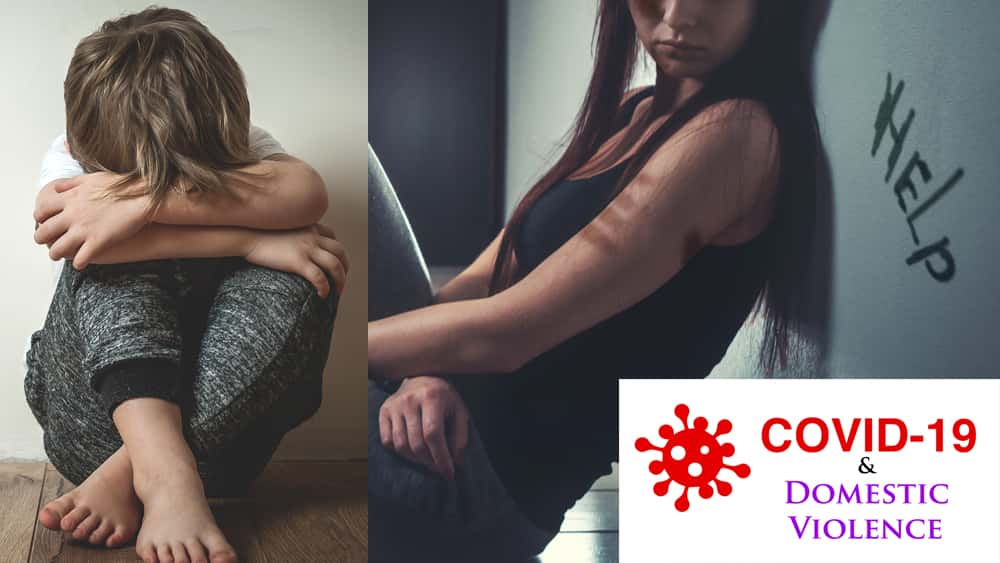
The novel coronavirus might be having a financial and emotional impact on the public, but while many are sheltering in place and adhering to the “safer at home” guidelines, it may not be easy or safe to do for those who live with domestic violence.
Tensions are rising in homes, where the money is tight, anxiety about the virus is high, and parents who are not used to having children at home all the time can feel out of control, Daryl Chansuthus, executive director of WRAP, told on-air personality Julie Cooke during a Thursday interview. She said an increasing number of calls are coming in to WRAP (Wo/Men’s Resource and Rape Assistance Program), which provides services and resources for women and men who are victims of domestic violence and/or sexual assault.
Chansuthus says during this time, when the prevention of the spread of COVID-19 hinges on avoiding contact with others, most people feel out of control. Those who can’t manage loss of control are more likely to take it out on their spouse or children.
Chansuthus said if the situation is ongoing, in all probability it will get worse, especially if jobs are lost or hours are cut back and the victim’s financial options are more limited.
The National Domestic Violence Hotline said here’s how COVID-19 could uniquely impact intimate partner violence survivors:
- Abusive partners may withhold necessary items, such as hand sanitizer or disinfectants.
- Abusive partners may share misinformation about the pandemic to control or frighten survivors, or to prevent them from seeking appropriate medical attention if they have symptoms.
- Abusive partners may withhold insurance cards, threaten to cancel insurance, or prevent survivors from seeking medical attention if they need it.
- Programs that serve survivors may be significantly impacted –- shelters may be full or may even stop intakes altogether. Survivors may also fear entering shelters because of being in close quarters with groups of people.
- Survivors who are older or have chronic heart or lung conditions may be at increased risk in public places where they would typically get support, like shelters, counseling centers, or courthouses.
- Travel restrictions may impact a survivor’s escape or safety plan – it may not be safe for them to use public transportation or to fly.
- An abusive partner may feel more justified and escalate their isolation tactics.
NDVH says survivors should create a safety plan (such as staying with family or friends, staying in motels, or sleeping in your vehicle), practice self-care (take time for your health and wellness) and reach out for help.
While calls from abused partners are increasing, many departments for Children and Family services are reporting declines in calls to their departments, which those departments say is very alarming, multiple sources report. According to a U.S. Department of Health and Human Services 2018 report, educators accounted for nearly 21 percent of all child abuse or neglect referrals—more than any other category. But, with COVID-19 forcing closures of schools for indefinite amounts of time, the frequency of those referrals has been effected.
WRAP has a 24-hour hotline available for anyone whose safety is being threatened by an abuser. Just call 1-800-273-8712.
For more information, visit https://www.wraptn.org/
If you live outside of WRAP’s coverage area, you can call the National Domestic Violence Hotline at 1-800-799-7233 or visit thehotline.org.
If you witness domestic violence or child abuse, call 911.






